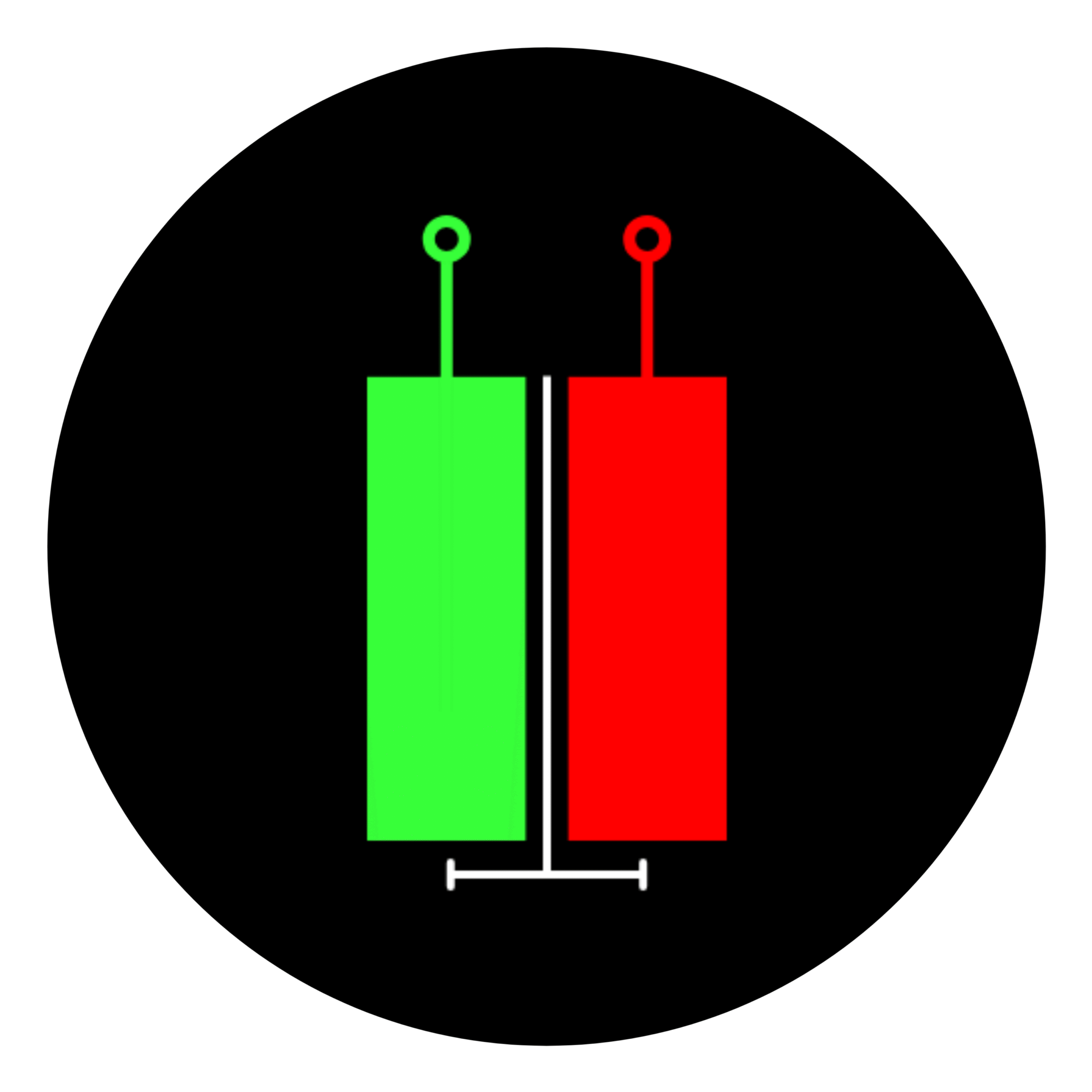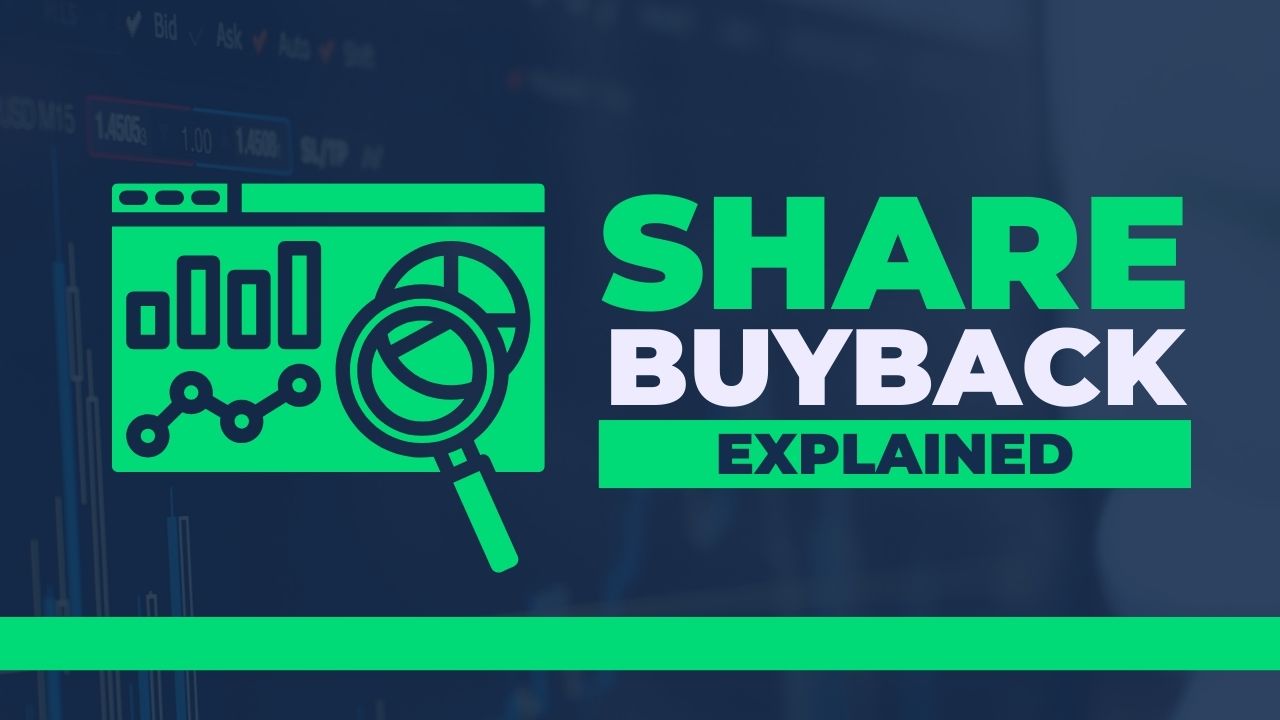A share buyback happens when a company decides to buy back its own shares from the market. They usually offer a price higher than what the shares are currently worth. This reduces the number of shares available for trading. When there are fewer shares, the value of the remaining shares can go up. Companies buy back shares for different reasons, like returning cash to shareholders or showing confidence in the company’s future.
Table of Contents
How does share buyback work?
There are two main ways a company can buy back shares:
- Open Market Buyback: The company buys shares directly from the stock market over time. They buy shares at the market price when they think the time is right.
- Tender Offer Buyback: The company offers to buy shares from shareholders at a fixed price, which is usually higher than the market price. Shareholders can choose to sell their shares during a specific period.
What is the purpose of share buyback?
Companies buy back shares for several reasons:
- Undervalued Stock: The company might think its shares are worth more than the current market price. By buying them back, they hope to boost the stock price.
- Rewarding Shareholders: Shareholders who sell their shares in a buyback can get a higher price than the market offers.
- Tax Benefits: Sometimes, buybacks are more tax-friendly for shareholders compared to getting dividends.
- Reducing Outstanding Shares: When there are fewer shares in the market, the earnings per share (EPS) can increase, which might make the stock more valuable.
Also Read – Market Orders, Limit Orders, and Stop Orders – All Types of Orders Explained in Simple Words
How to apply for share buyback?
To take part in a share buyback, follow these steps:
- Check the Buyback Offer: The company will send you details about the buyback. Look at the offer price and the time period.
- Apply Through Broker/Demat Account: Use your broker or demat account to submit your shares for the buyback during the offer period.
- Receive Payment: If your shares are accepted, you’ll get the money directly into your bank account.
How to check buyback status?
You can check the status of your buyback application in two ways:
- Company’s Website: Some companies post updates about the buyback process on their website.
- Broker Portal: Many brokers provide updates on buyback status through their online platforms.
Key terms related to share buybacks
a. Record Date
The record date is the cut-off date set by the company. Only shareholders who own shares on or before this date can participate in the buyback.
b. Entitlement Ratio
The entitlement ratio shows how many shares you can offer for buyback based on your current holding. It gives you an idea of how many shares you might be able to sell back to the company.
c. Acceptance Ratio
The acceptance ratio shows the actual number of shares the company accepts compared to the number of shares shareholders offered in the buyback. This ratio can change depending on how many people participate.
5 Important Facts to Know About Share Buybacks

- A company cannot buy back more than 25% of its total paid-up equity capital in a financial year. For buybacks up to 10% of the total paid-up equity capital and free reserves, only Board approval is needed. For larger buybacks, shareholders must approve it.
- Companies cannot borrow money to finance a buyback. They must use their free reserves, securities premium account, or proceeds from other shares.
- The Securities and Exchange Board of India (SEBI) requires companies to reserve 15% of the buyback offer for small investors holding shares worth up to ₹2 lakhs on the record date.
- After a buyback, the company’s debt-to-equity ratio should not exceed 2:1. This means the company’s total debt should not be more than twice its equity.
- The buyback must be completed within 12 months from the date of the special resolution or Board resolution authorizing it.
What are the advantages and disadvantages of share buybacks?
Advantages
- Sell at a Premium: Shareholders can sell their shares at a higher price than the market value.
- Improved Financial Ratios: Fewer shares in the market can lead to a higher earnings per share (EPS), which might increase the stock price.
- Sign of Confidence: A buyback shows that the company believes its shares are undervalued.
Disadvantages
- Reduced Cash Reserves: The company’s cash reserves decrease, which might affect other investments.
- Signals Lack of Growth Opportunities: Frequent buybacks might mean the company doesn’t have better ways to use its cash.
- Potential Market Manipulation: Buybacks can temporarily increase share prices, which may not reflect the company’s true value.
- Limited by Regulations: Companies face restrictions like not being able to borrow money for buybacks and must finish the process within a certain time.
Is there any tax on buyback income?
Yes, starting from October 2024, the entire amount shareholders receive from buybacks will be treated as dividend income. This income will be taxed according to your income tax slab. The company will also deduct tax at source (TDS).
Previously, buyback income was taxed as capital gains for shareholders, and the company paid a dividend distribution tax.
Conclusion
A share buyback can be a good opportunity for shareholders to sell their shares at a higher price. It can also help increase the value of the remaining shares. However, it’s important to consider your own investment goals and the company’s financial health before deciding to participate. Staying informed about regulations and tax implications is also important when thinking about a buyback.
Join our YouTube channelCan buyback be cancelled?
Yes, a company can cancel a planned buyback if it decides not to proceed, often due to changes in financial or market conditions.
Do I have to sell my shares in a buyback compulsorily?
No, participation in a buyback is voluntary. Shareholders can choose whether or not to sell their shares back to the company.
Who is eligible for a buyback of shares?
Shareholders who hold shares in their demat account on the Record Date are eligible for the buyback.
Disclaimer: This information is for educational purposes only and does not constitute financial advice. Always conduct your own research and consult with financial professionals before making investment decisions.

